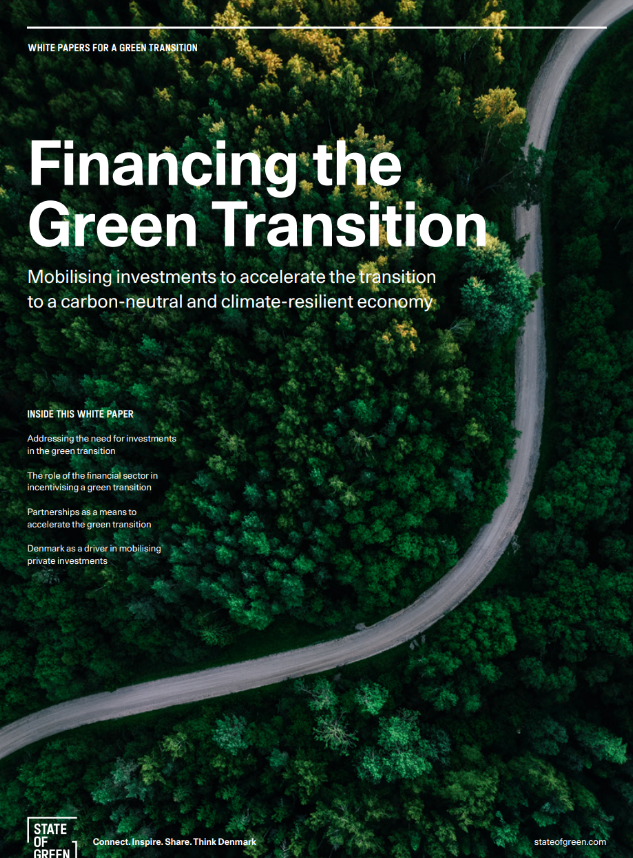Financing the green transition
Mobilising investments to accelerate the transition to a carbon-neutral and climate-resilient economy.
Download nowNews
Job creation and just transition
Green financing



Mobilising investments to accelerate the transition to a carbon-neutral and climate-resilient economy.
Download nowA new political agreement has just been approved to allocate over EUR 67m to enhance Danish vocational education with a focus on incorporating principles of green transition into the curriculum as well as to upgrading frameworks and equipment.
The recently approved agreement allocates approximately EUR 28m (DKK 210m) over a four-year period to vocational schools, enabling them to invest in modern and eco-friendly equipment. These funds are earmarked for schools offering programs in the primary sectors of food, agriculture, and experiences as well as technology, construction and transportation.
Over the same period, an additional allocation of approximately EUR 12m (DKK 90m) is designated for further training of teachers across all vocational education programs.
“I am incredibly pleased with this agreement. The green transition is a huge construction project and a transformation for our agriculture. To achieve our ambitious climate goals, we need electricians to power our electric cars, mechanics to repair them, office and trade graduates to manage CO2 accounting, farmers to produce green and sustainable food, and blacksmiths and plumbers for district heating rollout. Today we have ensured that we are taking a step towards securing skilled workers for the green transition,” says Minister of Children and Education Mattias Tesfaye.
This initiative aims to ensure that students are increasingly taught by qualified instructors with up-to-date knowledge regarding the green transition. Moreover, stemming from the implementation of the Green Tax Reform, EUR 13m (DKK 100m) is allocated in 2025 and 2026 for further education and upskilling within vocational and labour market education.
In total, the agreement allocates more than EUR 67m (DKK 500m) towards upskilling the future of the Danish workforce.
The agreement aims to provide the upcoming labour force with an international perspective by enhancing opportunities for students to participate in study trips and exchange programs across Europe.
To this end, EUR 3m (DKK 23.5 million) will be allocated annually starting in 2025 to support vocational schools in organising these study trips.
Additionally, the agreement is dedicated to appointing three climate vocational schools as centers of innovation and development. These schools will spearhead advancements across all vocational institutions and labour market education providers by developing, testing, and updating curricula related to new technologies, sustainable practices, and enhanced teacher competencies.
Each designated school will focus on a specific challenge, such as energy sector restructuring, sustainable construction, climate-friendly agriculture, or green transportation.
Funding for these climate vocational schools is secured through the 2023 Finance Act, with approximately EUR 13m (DKK 100m) allocated annually from 2023 to 2028, and around EUR 4m (DKK 30m) annually from 2029 onwards.
In 2023, the funds will be distributed as special grants to technical vocational and agricultural education programs. From 2024 onwards, the funds will support the establishment and development of the three climate vocational schools.
Read the original press release at: New agreement to strengthen vocational education (Danish article)